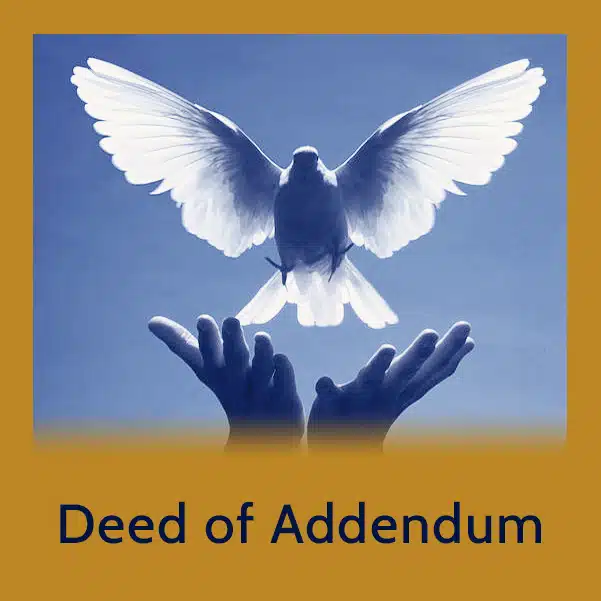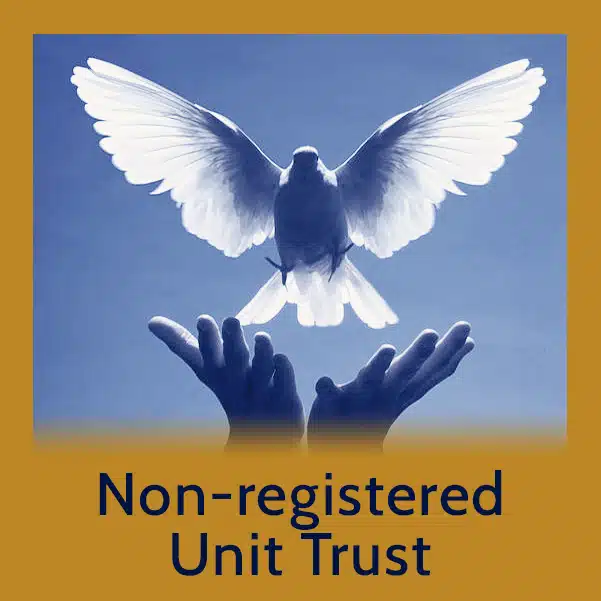What is a Trust?
A trust is an equitable obligation binding a person or company (the “Trustee”) to deal with property over which he/it has control (called the “Trust Property”) for the benefit of named beneficiaries or classes of beneficiaries (called “Beneficiaries”). Ownership of property is vested in the Trust on behalf of another party/ies for purposes of asset and privacy protection. The obligation relates to the Trust Property and requires the Trustee to exercise control over the Trust Property for the benefit of the Beneficiaries. A discretionary trust empowers the Trustee to determine the distribution of sustenance and capital of the Trust. This discretion usually relates to whether sustenance or a certain type of sustenance will or may be distributed and to whom it will or may be distributed for purposes of legally minimizing taxation obligations for one or more parties named in the Trust. Any funds attained by a (private) non registered Trust is not subject to tax.









